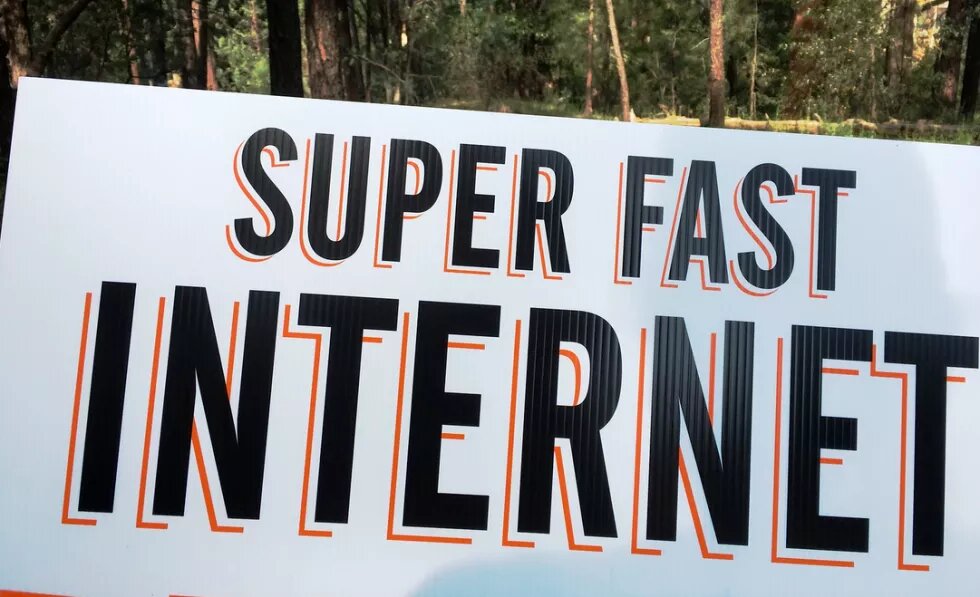Being able to access and use the Internet is important for human rights, human security and human development. From this we can derive a dual right to internet access which is crucial for human rights protection: access to the Internet per se and access to emancipatory Internet content. Both dimensions of access are threatened by discriminatory practices, some of which are enshrined both in law and code. It is time to identify and eliminate them.

Development is much more than the elimination of absolute poverty: it is also the reduction of relative poverty and, as Amarty Sen demonstrated, the freedom of people to realize their capabilities. Together with the United Nations and its Human Rights Council and with much justification we see that the potential of the Internet for human development is great. It can be, as Human Rights Council Resolution 20/8 (2012) already put it, a “driving force in accelerating progress towards development in its various forms“. However, the social benefits of increased internet penetration for education, better income, enhanced healthcare and increased lifestyle opportunities, especially in rural areas, are not without preconditions. Access to the Internet is not enough.
The right to access Internet content and through it receive and impart ideas is a key enabling right essential to realizing the full potential of human rights online. The UN 2030 Agenda for Sustainable Development identified the building of resilient infrastructure, the promotion of inclusive and sustainable industrialization and the fostering of innovation as key goals of sustainable development. However, it says too little about accessing content.
Gendered hate speech, persistent intersectional discrimination, and multidimensional digital gaps keep too many people from fully being able to express themselves online. Targeted policies are required to remedy this situation: all stakeholders, especially states and companies, have their roles to play.
States need to exercise their sovereignty in a way that reflects the global common interest in the integrity of the Internet and in ensuring both dimensions of access for all. They need to follow up on their commitments to human development through the Internet, including in the Sustainable Development Goals. Online companies need to ensure that they respect their obligations under the Ruggie Framework and do not – consciously or inadvertently – develop communication spaces that enable discrimination and exclusion. This includes the use of algorithms which need to be ethically sound and made into tools to liberate, not to reinscribe themselves into traditional repressive relationships of power and exclusion.
This article was first published (12th November 2019) online via hiig.de and is part of the publication "Critical Voices, Visions and Vectors for Internet Governance".

